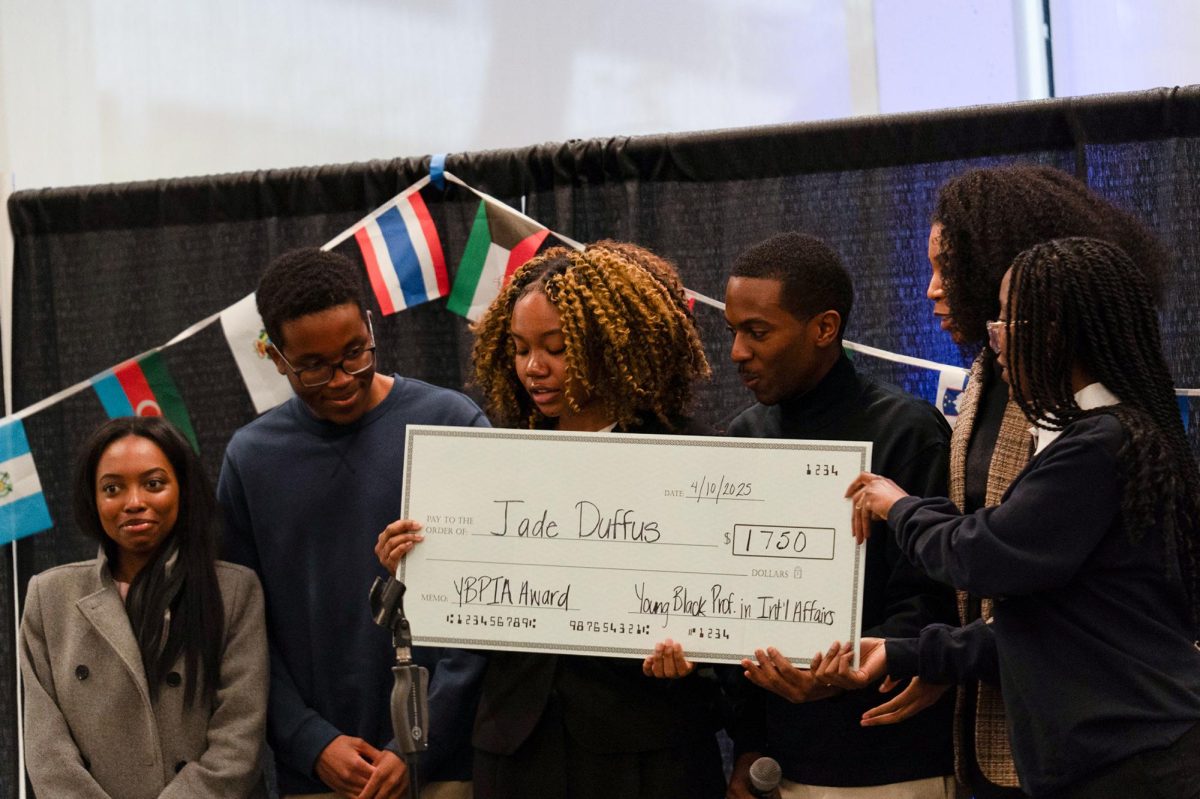The University remains a devoted owner of the 68-year-old Lisner Auditorium, a spokeswoman said Friday, despite emerging arts venues that have added competition across the D.C. area.
GW’s commitment to its aging theater appeared to waver last month when University spokeswoman Angela Olson said in a Dec. 30 Washington Post article that “Lisner’s plans are being evaluated.” The story, which detailed the rise of nightclubs and performing arts venues across the city, said GW’s use of Lisner was up in the air.
“We are looking at ways to enhance and grow in the future,” Olson told The Hatchet Friday. “We value the vibrancy Lisner brings to our campus and neighborhood, and we are committed to its future at GW.”
Olson said GW, which has owned and operated Lisner since it was built in 1943, will make technology and equipment upgrades to catch up with last fall’s opening of Fillmore Silver Spring and Hamilton Ballroom and the upcoming revamp of Howard Theatre near Howard University. She said upgrade plans are “very early in the process and we do not have details to share at this time.”
In June, the University’s Board of Trustees approved $589,000 for roof and exterior surface repairs to Lisner in this year’s budget. The auditorium, which was the center of the District’s theatrical life before the Kennedy Center for the Performing Arts opened in 1971, also underwent exterior renovations that were completed this summer. But University officials determined that some upgrades, like adding handicap-accessible entrances to modernize the building in accordance with federal guidelines, were not feasible.
The venue’s issues run deeper, President and CEO of the Washington Performing Arts Society Neale Perl said.
“I know they have done renovations in the last few years, but perhaps not in the most aesthetically pleasing style,” Perl said. “The acoustics are pretty good, but the aesthetics are what I think are not terribly appealing, despite renovations. The carpet in the lobby looks dated, the seats in the house are a bit uncomfortable and the restrooms look dated.”
Perl said it is hard to measure whether the auditorium’s aging interior would hurt ticket sales, but added, “It is the little things in a hall that add a bit of glamour and occasion to the performing arts experience.”
Olson declined to comment regarding Perl’s criticisms.
The Washington Performing Arts Society has booked several world music shows for Lisner in recent years, including an April performance by flamenco artist Anoushka Shankar.
Lisner’s bottom line is not suffering, Olson said, adding that it has consistently booked 15 shows per year. She said “it is too early to tell” what this year’s numbers would look like but the lineup includes comedian Jeanne Robertson, the Washington Concert Opera and the Gay Men’s Chorus of Washington.
Olson said the theater was supported by ticket sales, individual donors and rentals to performing arts companies. She declined to release Lisner’s budget.
Lisner’s marketing manager Danielle Mouledoux and GW’s assistant vice president for events and venues Michael Peller declined interview requests.
Lisner has also resisted the trend of providing drinks and dinner during shows. Howard Theatre renovators are constructing an underground kitchen to offer patrons expanded food options when it reopens in April.
Olson said the theater would not consider similar renovations. Instead, it sells alcohol in the lobby before shows.






